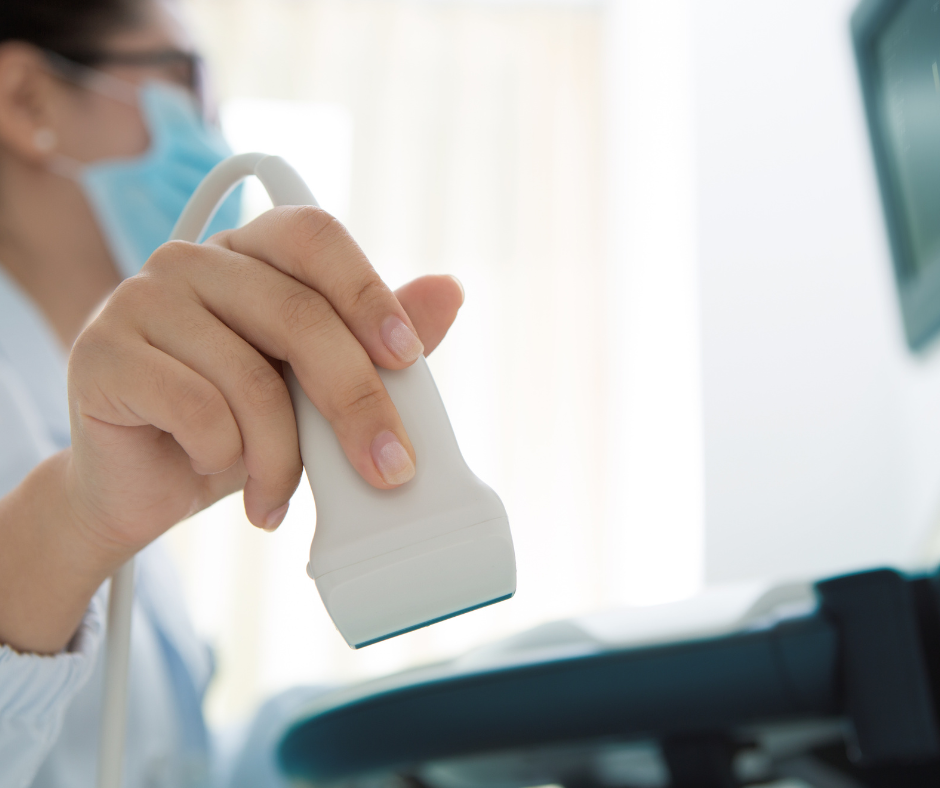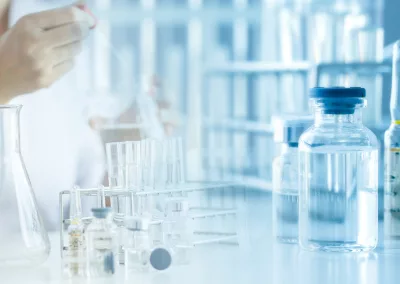Classification of certain medical devices may be predisposed to ambiguities related to which classification type (I, II, or III) they belong too. The three FDA classification types for medical devices are: I – general control, II – special controls including general controls or III – premarket approval including general controls [1]. Proper definition of the classification in which the medical device belongs to is necessary for FDA compliance. In the case that the medical device has an indeterminate classification, a 513(g) can be exercised to request FDA guidance for its proper classification.
Proper filing of a 513(g) requires a cover letter that contains a description of the medical device, how the device is used / purpose, and any material related to labeling or marketing such as instructions and photographs and/or engineering drawings. Secondly, it needs to include an in-depth description of the device stating what it is made of (components / materials), operational principles, energy consumption/deliverance, and equivalent predicate devices. Lastly, it needs to include the device use cases; what specifically does this medical device do, how is it used, what disease or condition is it used for, and its physiological uses.
The process of a 513(g) can take up to sixty days and costs a set amount (as of 2023; $5,961 standard / $2,980 small business [2]). However, it guarantees the correct classification of the medical device by the FDA. This can ultimately save time and money by avoiding the chance of misclassification which could lead to the restart of the submission process.
If you need help determining the classification of your device, or submitting a 513(g) to the FDA, the team of experts at EMMA International can help! Contact us today at info@emmainternational.com or by calling 248-987-4497.
[1] FDA. (2019, December 16). FDA and Industry Procedures for Section 513(g) Requests for Information under the Federal Food, Drug, and Cosmetic Act. U.S. Food and Drug Administration. https://www.fda.gov/regulatory-information/search-fda-guidance-documents/fda-and-industry-procedures-section-513g-requests-information-under-federal-food-drug-and-cosmetic
[2] FDA. (2022, October 5). Medical device user fee amendments (MDUFA). U.S. Food and Drug Administration. https://www.fda.gov/industry/fda-user-fee-programs/medical-device-user-fee-amendments-mdufa





